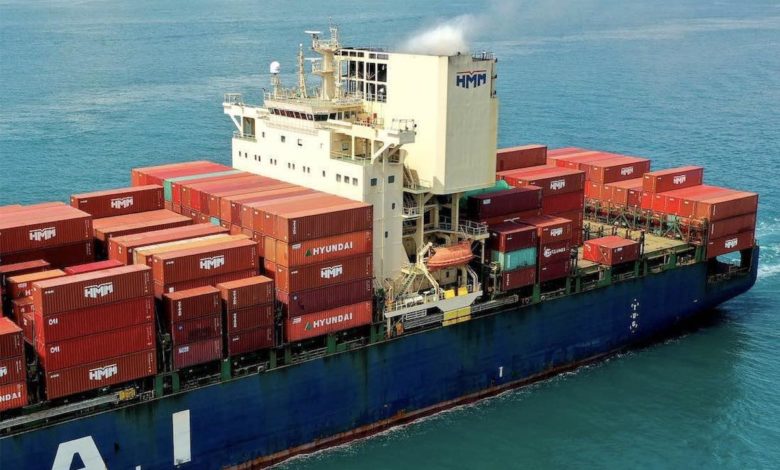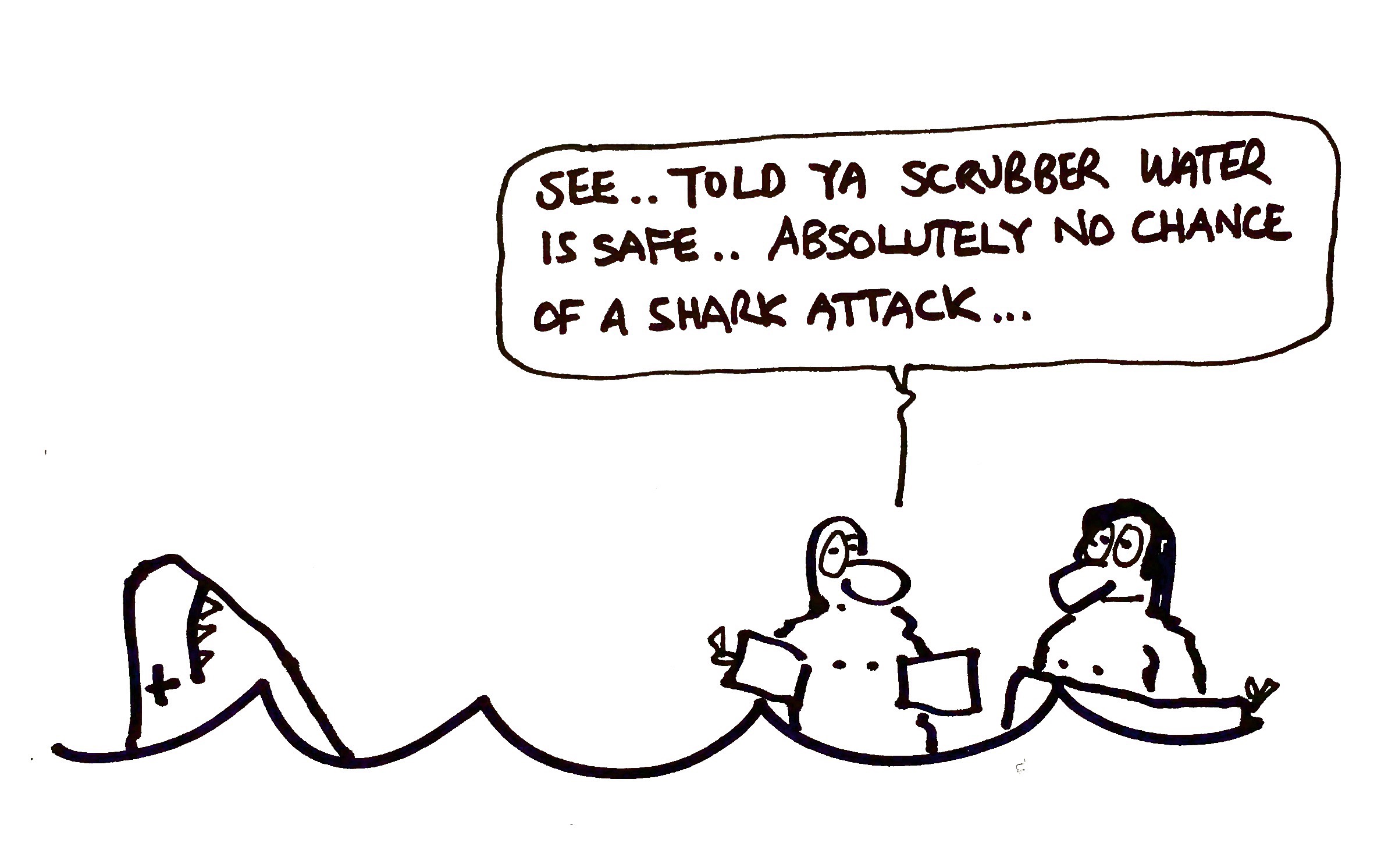Scrubber ban debate reignites

The scrubber ban debate has been reignited with a new 36-page report from the Washington DC-based International Council on Clean Transportation (ICCT), which urges governments and the International Maritime Organization (IMO) to phase out all scrubbers.
The debate – among the most contentious issues shipping faced in the years from 2017 to 2019 – has largely gone quiet in 2020 as the pro-scrubber argument has faded with the price differential between low and high sulphur fuel oil remaining negligible all year long.
Nevertheless, the number of scrubbers installed across the global merchant fleet has leapt. Ships using exhaust gas cleaning systems have grown from just three vessels in 2008 to more than 4,300 in 2020.
The IMO should consider prohibiting the use of scrubbers on newbuild ships and phasing out scrubbers on existing ships
“Although scrubbers are effective at reducing air emissions of sulfur dioxide (SO2), the sulfur and other contaminants removed from the exhaust gas—including carcinogens such as polycyclic aromatic hydrocarbons (PAHs) and heavy metals—are dumped overboard in the form of washwater, also called discharge water. Meanwhile, the International Maritime Organization’s (IMO) guidelines for scrubber discharges have not been strengthened since 2008, despite being reviewed in 2009, 2015, and 2020, and the guidelines ignore the cumulative effects of many ships operating and discharging in heavily trafficked areas,” the new study explains.
This study estimates air and water emission factors for ships using heavy fuel oil (HFO) with scrubbers based on the available literature and the methods of the fourth IMO greenhouse gas study. Additionally, the authors have compared the emissions associated with ships using scrubbers to ships without scrubbers using marine gas oil (MGO).
Regarding air emissions, results show SO2 emissions from ships using 2.6% sulfur HFO with a scrubber are on average 31% lower than ships using 0.07% sulfur MGO.
Particulate matter emissions are nearly 70% higher using HFO with a scrubber compared with MGO.
Black carbon emissions are 81% higher using HFO with a scrubber than using MGO in a medium-speed diesel engine and more than 4.5 times higher than using MGO in a slow-speed diesel engine.
ICCT maintains scrubbers are not equivalently effective at reducing total air pollution emissions compared to using MGO. Additionally, ICCT maintains direct carbon dioxide (CO2) emissions are 4% higher using HFO with a scrubber compared to MGO, and even though HFO has lower upstream emissions than MGO, the extra fuel consumption associated with powering the scrubber results in 1.1% higher CO2 emissions on a life-cycle basis when using HFO.
Regarding water emissions, the study found scrubber discharges typically comply with IMO guidelines, but all scrubbers—open-loop, closed-loop, and hybrid—discharge water that is more acidic and turbid than the surrounding water, contributing to ocean acidification and worsens water quality.
“All scrubbers emit nitrates, PAHs, and heavy metals that accumulate in the environment and food web and can negatively affect both water quality and marine life,” the study states, adding: “PAHs and heavy metals have been linked to cancers and reproductive disorders in threatened and endangered marine mammals.”

The ICCT has recommended that individual governments continue to take unilateral action to restrict or prohibit scrubber discharges from both open-loop and closed-loop systems. This could include an immediate prohibition on scrubber discharges in ports, internal waters, and territorial seas.
“Internationally, the IMO should consider prohibiting the use of scrubbers on newbuild ships and phasing out scrubbers on existing ships, because scrubbers are not equivalently effective at reducing air pollution compared to using lower sulfur fuels,” the study concludes.

So millions of dollars waisted with no real benefit to the environment. Why am I not surprised. Any chance ship owners will be compensated? That’s a retorical questions. Beaurocrats are never held accountable.
ICCT is just another extremist org that dispenses their wisdom without regard to socioeconomic cost… Perhaps we should get rid of the ICCT so we don’t have to listen to their incessant noise pollution.